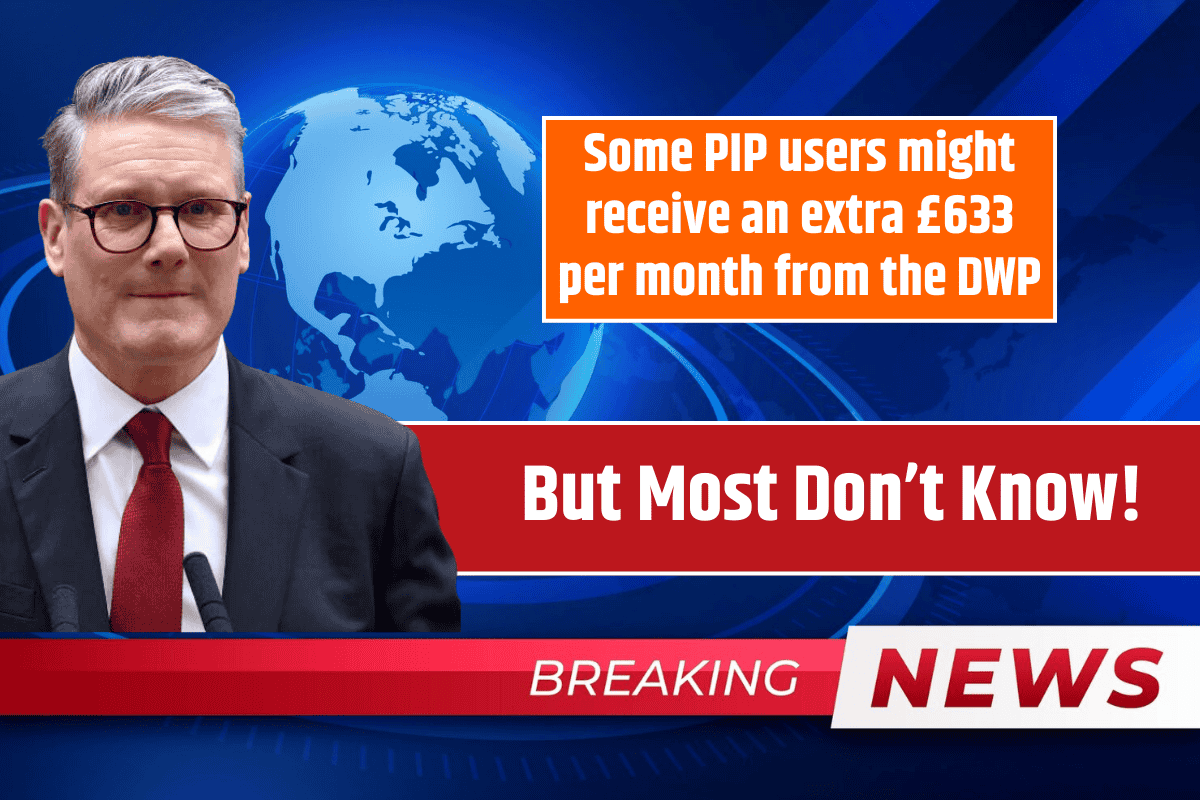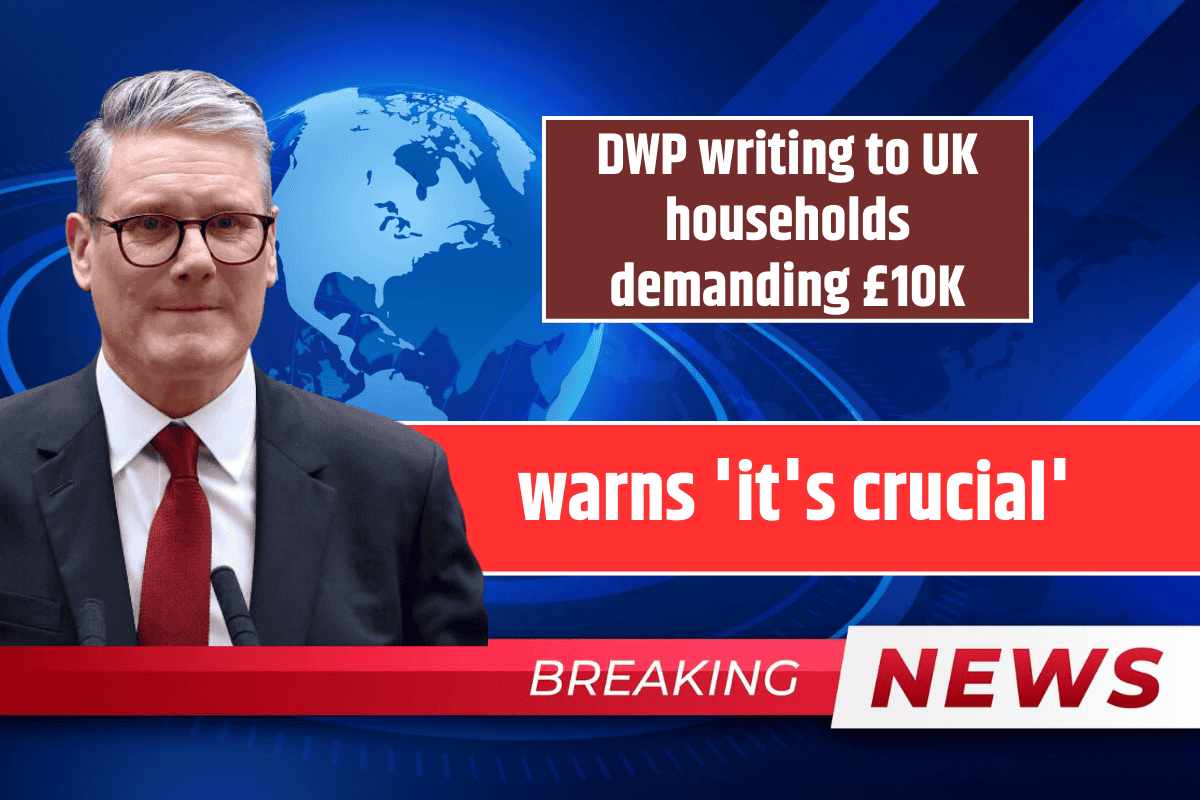Thousands of people in Great Britain may not be receiving the full amount of money they’re entitled to through Personal Independence Payment (PIP), according to a new government report. The Department for Work and Pensions (DWP) has revealed that around 302,500 people are currently underpaid — not because of government error, but because many haven’t updated their claim to reflect changes in their health or needs.
Why Are People Missing Out on Extra PIP Support?
The DWP’s 2024/25 Fraud and Error in the Benefit System report shows that 11% of PIP claims are underpaid. This happens mainly when people fail to inform the DWP that their condition has worsened or they need more support.
PIP is a benefit designed to help people with long-term illnesses, disabilities, or mental health conditions manage their extra daily living or mobility costs. But the amount you get depends on how much help you need, not just your diagnosis.
PIP Payment Rates for 2025/26
Here are the weekly payment rates for PIP:
Daily Living Component
Standard rate: £73.90
Enhanced rate: £110.40
Mobility Component
Standard rate: £29.20
Enhanced rate: £77.05
That means the maximum you can receive every four weeks is £749.80. But if you’re currently getting the standard rate and your condition has worsened, you might be missing out on up to £633 extra per month. That adds up to £9,747.40 more each year if your payments increase to the full enhanced rates.
What Should You Do If Your Condition Has Changed?
The DWP advises that PIP claimants report any change in their condition or the amount of help they need. You should contact the DWP if:
- You now need more or less help with daily living or mobility tasks
- A health professional has updated you on how long your condition will last
- Your condition has worsened and you may not live more than 12 months
The amount you receive can increase, stay the same, go down, or stop completely — depending on the review outcome.
To report a change, call the PIP enquiry line on 0800 121 4433, Monday to Friday, 9am to 5pm. You can also find more information and the official reporting steps on GOV.UK.
Why This Matters
According to the report, PIP accounted for £1.06 billion in unfulfilled eligibility in 2024, which is about 4.1% of the total amount due. This means thousands of people who could use the extra help are simply missing out because they haven’t updated their information.
The DWP explains that PIP awards are based on how your condition affects your daily life, not just the condition name. So, two people with the same illness might get different support levels depending on how it impacts them personally.
If you’re receiving PIP and your condition has changed, it’s important to let the DWP know. You could be eligible for significantly more support. With rising living costs, every bit of help matters. Many claimants aren’t aware they can get more if their needs increase. By reporting any changes, you can make sure you’re getting the right amount to support your health and independence.
FAQs
What is Personal Independence Payment (PIP)?
PIP is a benefit in the UK that helps people with disabilities, long-term illnesses, or mental health conditions cover daily living and mobility costs.
How do I know if I can get more PIP support?
If your condition has worsened or you need more help with daily tasks or moving around, you may qualify for a higher rate. Contact the DWP to report the change.
How much more money could I get from PIP?
Depending on your situation, your payments could increase by up to £633 a month, or over £9,700 a year.
How do I report a change in my condition to the DWP?
Call the PIP enquiry line on 0800 121 4433, Monday to Friday, 9am to 5pm, or visit GOV.UK for instructions.
Will my PIP always go up if I report a change?
Not always. It depends on how your condition affects you. Your payments could go up, stay the same, go down, or stop, depending on the review outcome.






